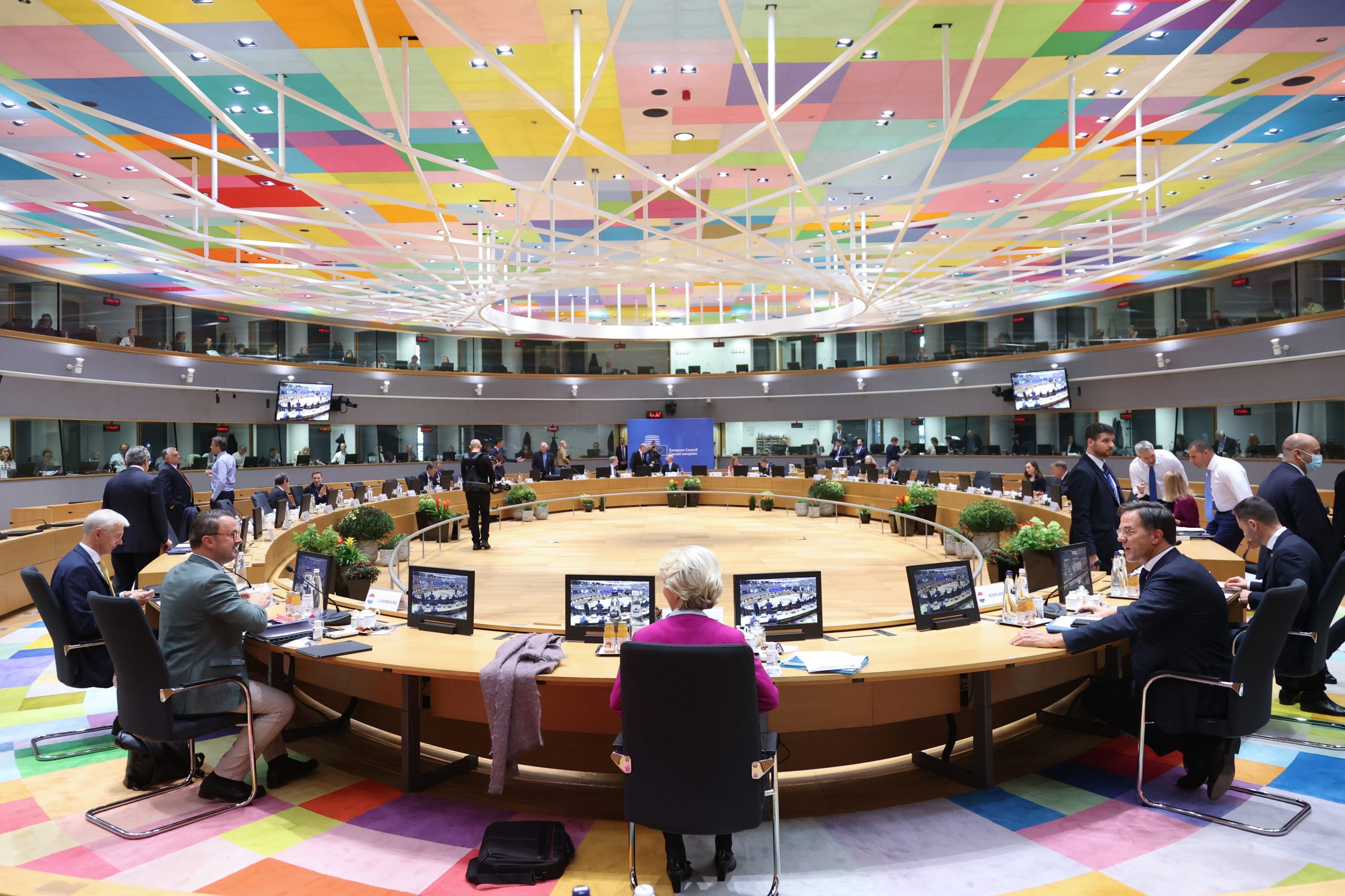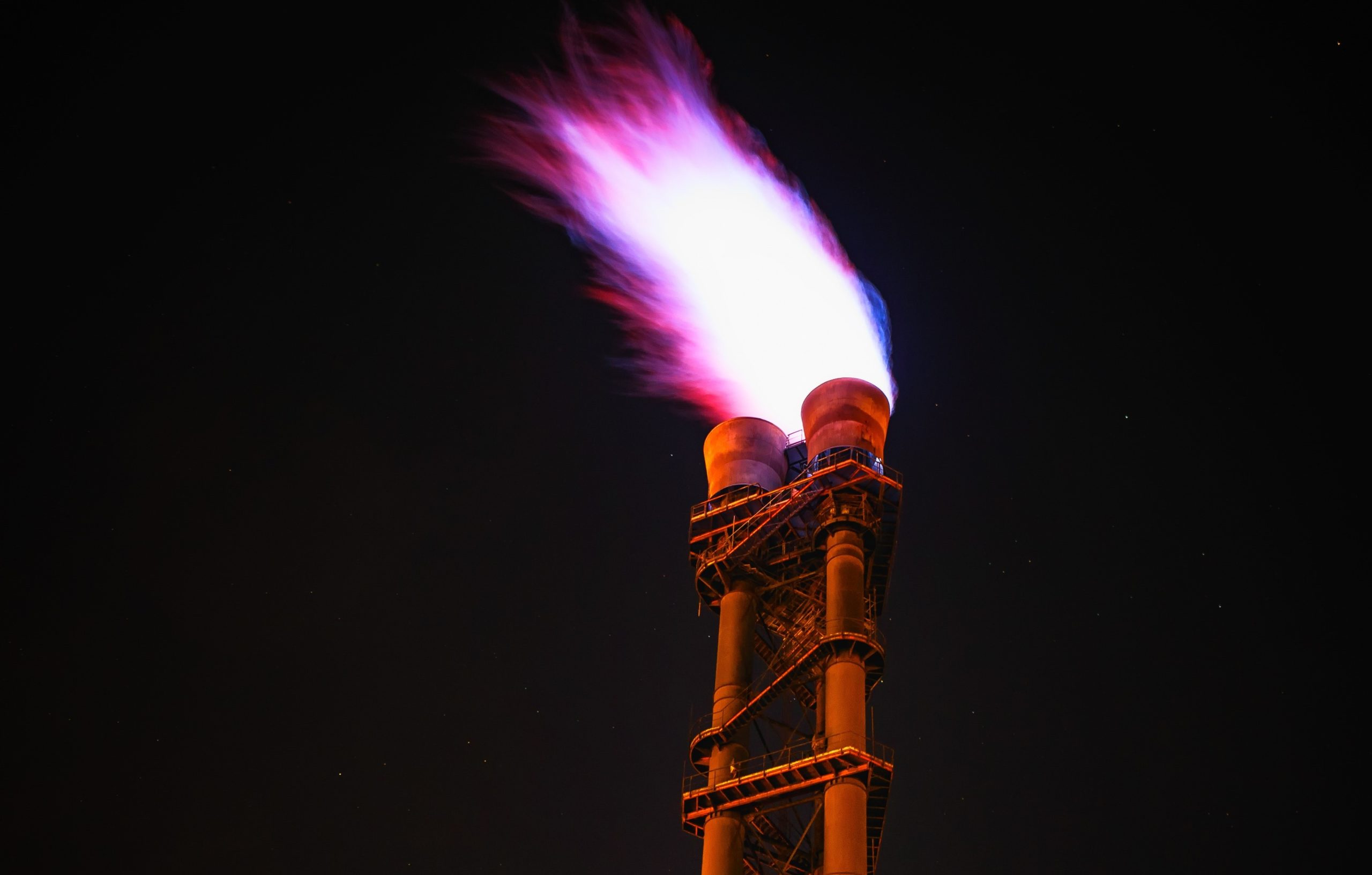
We were able to protect what was important, Minister Gergely Gulyás said about the EU summit.Continue reading

Hungary aims to achieve a target of consuming no more than 3-4 billion cubic meters of gas per year in the next 30 years, compared to the current 11.5 billion cubic meters, and to significantly reduce its exposure to foreign gas by 2050 through non-fossil energy production in the country, the Minister of Technology and Industry said in Brussels on Monday.
László Palkovics told journalists that the plan was to replace the predominantly gas-fired district heating systems with geothermal energy, but that a strategy for biomass-fired energy was also being prepared. The Hungarian plans under implementation are therefore about domestically produced energy sources with a much lower environmental impact, he stressed.
Hungary’s relevant energy transition plan aims to meet all the requirements of climate objectives and strives for affordability.
It takes into account the impact of energy production on the environment, and keeps in mind the availability requirement, which means whether there is enough of the energy carrier or whether it can be produced, the minister said.
Later in Brussels, in a bilateral meeting with Margrethe Vestager, the EU Commissioner for a Digital Europe, Palkovics said that there were no outstanding issues between Hungary and the European Commission on energy. Hungary had fully met all the requirements set by the EU Commission, including those on the use of renewable energy sources and the installed solar power capacity. A precondition for the implementation of the commitments is that Hungary receives the funds that the EU has to provide for this, the Minister of Technology and Industry added.
Since Hungary is currently heavily dependent on natural gas, the country opposes a gas embargo in the European Union.
As Minister Gergely Gulyás said, referring to a possible embargo, the Hungarian government does not support EU proposals that threaten the security of energy supply. Last week, at the EU Summit in Brussels, Hungary received an exemption from the proposed gas price cap.
According to Prime Minister Viktor Orbán, the European Commission’s energy proposals had posed the biggest threat to Hungary. “By adopting them, we would have risked gas supplies to Hungary being stopped within just a few days,” he pointed out. Orbán noted that Hungary did not remain alone in its opposition to the price cap and managed to achieve a fair agreement.
Featured photo via Pexels